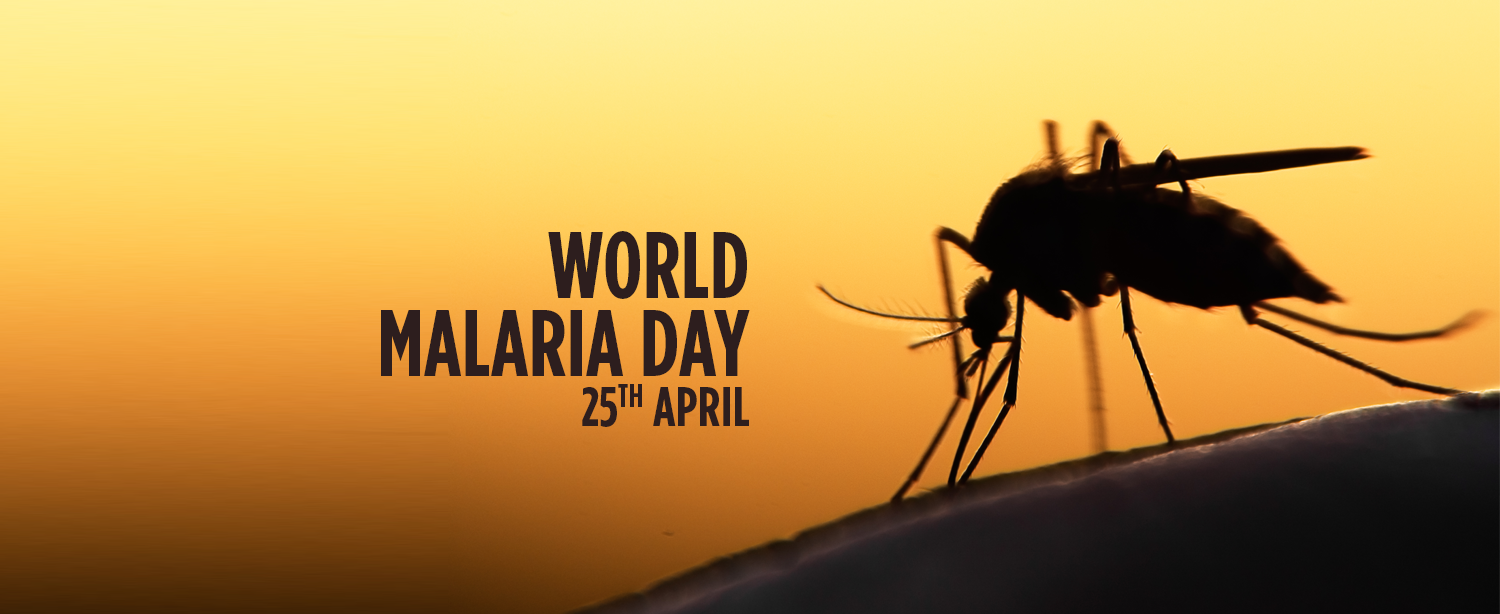Malaria is caused by the Plasmodium parasite. The parasite is transmitted to humans most commonly through mosquito bites. While the disease is uncommon in temperate climates, malaria is still common in tropical and subtropical countries like India.
Symptoms
A malaria infection is generally characterized by the following signs and symptoms:
- Fever and chills.
- Headache.
- Nausea and vomiting.
- Muscle pain and fatigue.
Other signs and symptoms may include:
- Sweating.
- Chest or abdominal pain.
- Cough.
Some people who have malaria experience cycles of malaria “attacks.” An attack usually starts with shivering and chills, followed by a high fever, followed by sweating and a return to normal temperature. Malaria signs and symptoms typically begin within a few weeks after being bitten by an infected mosquito. However, some types of malaria parasites can lie dormant in your body for up to a year. A blood test is used to confirm the presence of Malaria.
Other modes of transmission
Because the parasites that cause malaria affect red blood cells, people can also catch malaria from exposure to infected blood, including:
- From mother to unborn child.
- Through blood transfusions.
- By sharing needles used to inject drugs.
Complications
Here are a few Malaria complications which can prove fatal:
- Cerebral malaria – If parasite-filled blood cells block small blood vessels to your brain (cerebral malaria), swelling of your brain or brain damage may occur. Cerebral malaria may cause seizures and coma.
- Breathing problems – Accumulated fluid in your lungs (pulmonary edema) can make it difficult to breathe.
- Organ failure – Malaria can cause your kidneys or liver to fail, or your spleen to rupture. Any of these conditions can be life-threatening.
- Anaemia – Malaria damages red blood cells, which can result in anaemia.
- Low blood sugar – Severe forms of malaria itself can cause low blood sugar (hypoglycemia), as can some malaria medications. Very low blood sugar can result in coma or death.
Prevention
To protect yourself from mosquito bites, you should:
- Cover your skin. Wear pants and long-sleeved shirts.
- Apply an insect repellent to your skin and clothing. Sprays containing DEET can be used on skin and sprays containing permethrin are safe to apply to clothing.
- Sleep under a mosquito net. Bed nets, particularly those treated with insecticide, help prevent mosquito bites while you are sleeping.
- Make sure the room doors and windows are closed properly and screened with gauze to prevent mosquitoes from getting in.
- Use citronella candles in your house to keep mosquitoes away.
- Keep your home and surroundings clean.
- Clear any stagnant water in and around your home.
Are you travelling to a Malaria infested region?
Take the right type of anti-malarial medicines after consulting your doctor. The choice of anti-malarial prevention tablets will also need to take into account your medical history, age and other concurrent medications. You must take them daily or weekly, depending on the medication choice, prior to travel and upon return from the malaria area. Consult our Travel Clinic for more details.
Common Myths and Facts:
Here are a few common myths and facts that need attention:
1. Myth – Malaria isn’t fatal
Fact – If left unattended, malaria can cause death. This disease is spread by the female Anopheles mosquito, and is caused by a parasite called Plasmodium. Once in the blood stream, it multiples and affects the liver and red blood cells, and if not addressed, it can become quite serious.
2. Myth – Malaria carries the same risk for everyone.
Fact – Young children and pregnant women are much more vulnerable to malaria. Infants are more at risk because their immune systems are not yet fully developed, while in children under five they have not yet developed effective resistance to the disease.
3. Myth – Once you get Malaria you will never get it again.
Fact – It’s true that people who have grown up in malaria-endemic areas, in particular have been exposed to malaria and may gain some protection. However you can still get malaria. Hence you need to follow preventative measures to avoid mosquito bites.
Malaria statistics
India reported almost 3 million fewer malaria cases in 2017, a 24% decrease over the previous year, while cases increased worldwide to 219 million from 217 million, according to the World Malaria Report 2018. With 9.5 million cases in 2017, India now accounts for 4% of the world’s total malaria cases.
In 2017, India launched its five-year National Strategic Plan for Malaria Elimination that shifted focus from malaria “control” to “elimination” and provided a road-map with targets to end malaria in 571 districts out of India’s 678 districts by 2022. This has immensely helped reduce Malaria cases.


